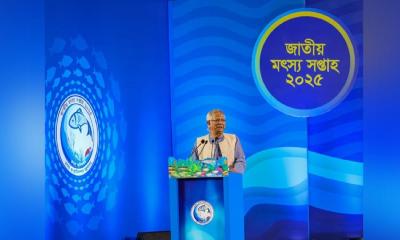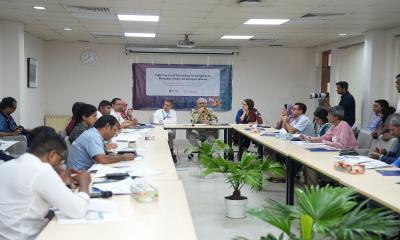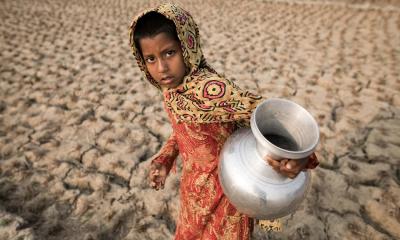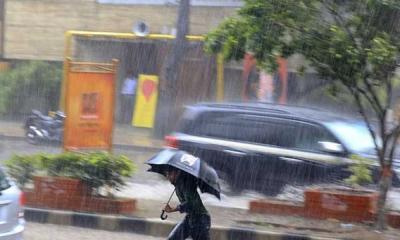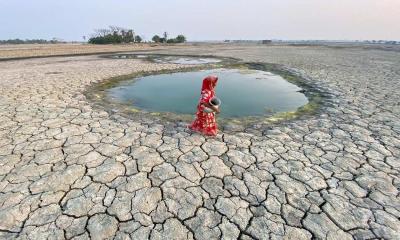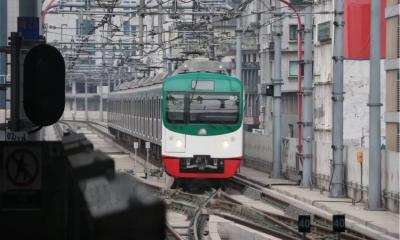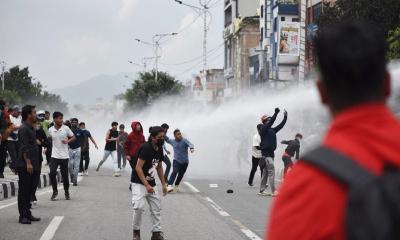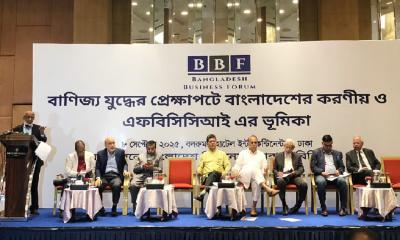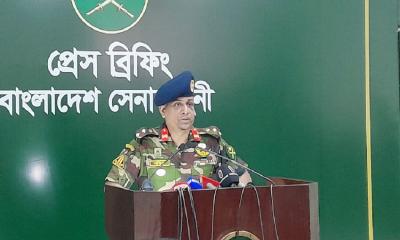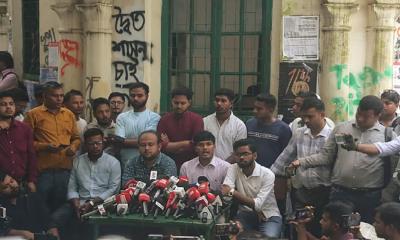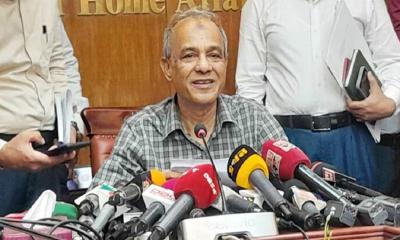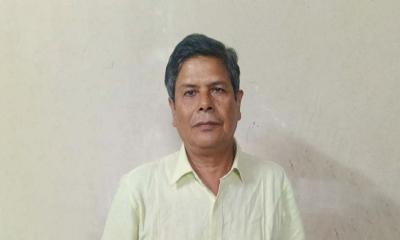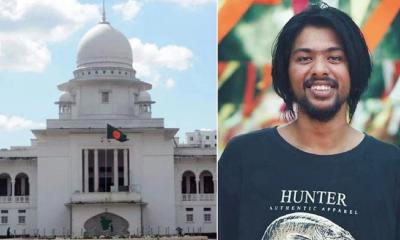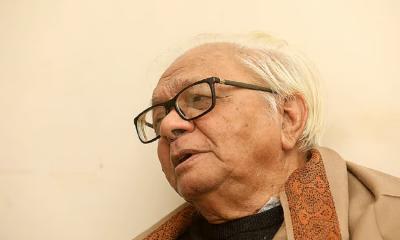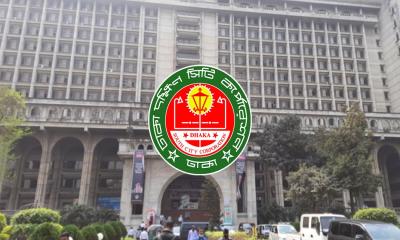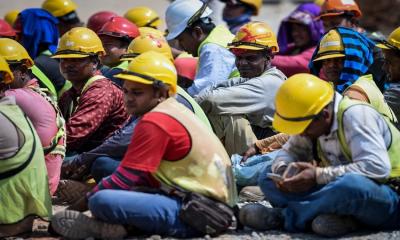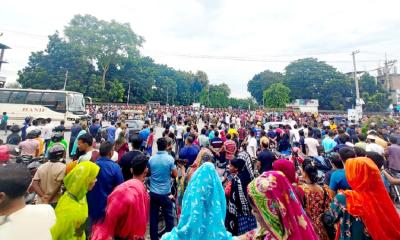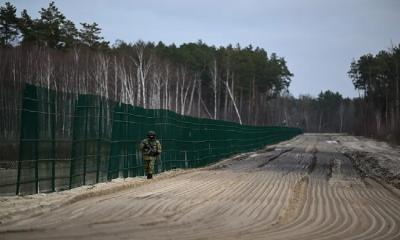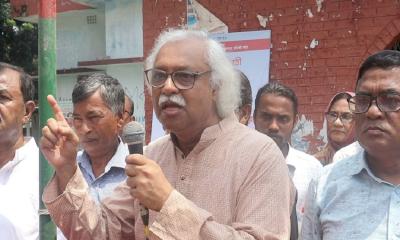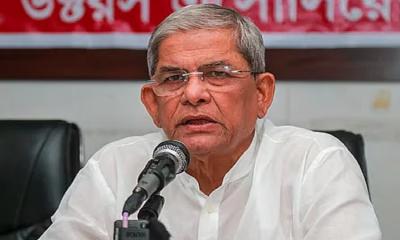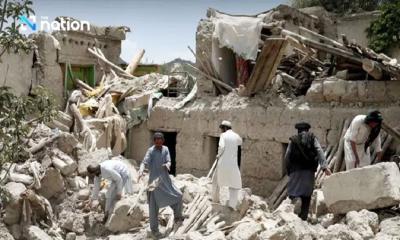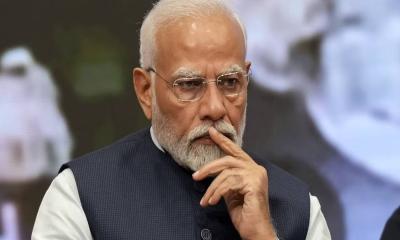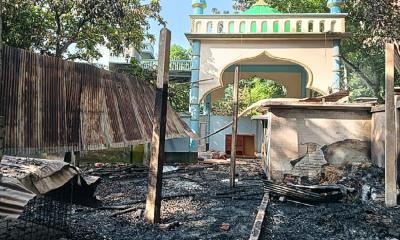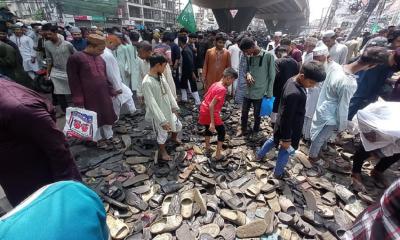The High Court has directed authorities to ensure the installation of adequate and functional solar panels on all residential and commercial buildings in Dhaka, aiming to reduce greenhouse gas emissions and promote renewable energy use.
The order was issued on Monday, June 30, 2025, following a public interest litigation (PIL) filed by the Bangladesh Environmental Lawyers Association (BELA).
In a significant move toward sustainable urban development, the court also asked authorities to show cause as to why their failure to operationalize existing solar panels on building rooftops should not be declared unconstitutional and against public interest.
The ruling emphasized that such inaction violates the Constitution, national policies, and international environmental commitments.
Alongside the rule, the court issued an interim directive requiring the Rajdhani Unnayan Kartripakkha (RAJUK) and the Sustainable and Renewable Energy Development Authority (SREDA) to activate all existing rooftop solar panels across Dhaka.
It also mandated that the Ministry of Power, Energy and Mineral Resources (Power Division), RAJUK, and SREDA jointly develop and implement a time-bound action plan to ensure the installation of solar panels on every building in the city.
The authorities must submit a compliance report to the court within six months.
The High Court bench comprising Justice Md. Akram Hossain Chowdhury and Justice Foyez Ahmed issued the ruling after hearing the writ petition (No. 7264 of 2025).
BELA was represented by Advocate S. Hassanul Banna, while Deputy Attorney General Mahfuzur Rahman Milon appeared for the state.
The court’s decision comes amid growing concerns over climate change and the urgent need to reduce fossil fuel dependency.
BELA argued that despite the vast potential of rooftop solar energy in Dhaka—a densely populated city with thousands of unused rooftops—authorities have shown limited initiative. In many cases, even installed solar panels remain non-functional due to poor oversight and maintenance.
The court also highlighted the critical role of renewable energy in meeting national and global emissions targets, reducing reliance on the national grid, and cutting energy costs for consumers.
The order extends the government`s earlier directive from June 26, which required solar installations on government buildings, to now include all residential and commercial structures.
The respondents in the case include top officials from the Ministry of Power, Energy and Mineral Resources; Ministry of Housing and Public Works; Ministry of Environment, Forest and Climate Change; RAJUK; SREDA; Dhaka Power Distribution Company Limited (DPDC); Dhaka Electric Supply Company Limited (DESCO); and the Real Estate and Housing Association of Bangladesh (REHAB).





